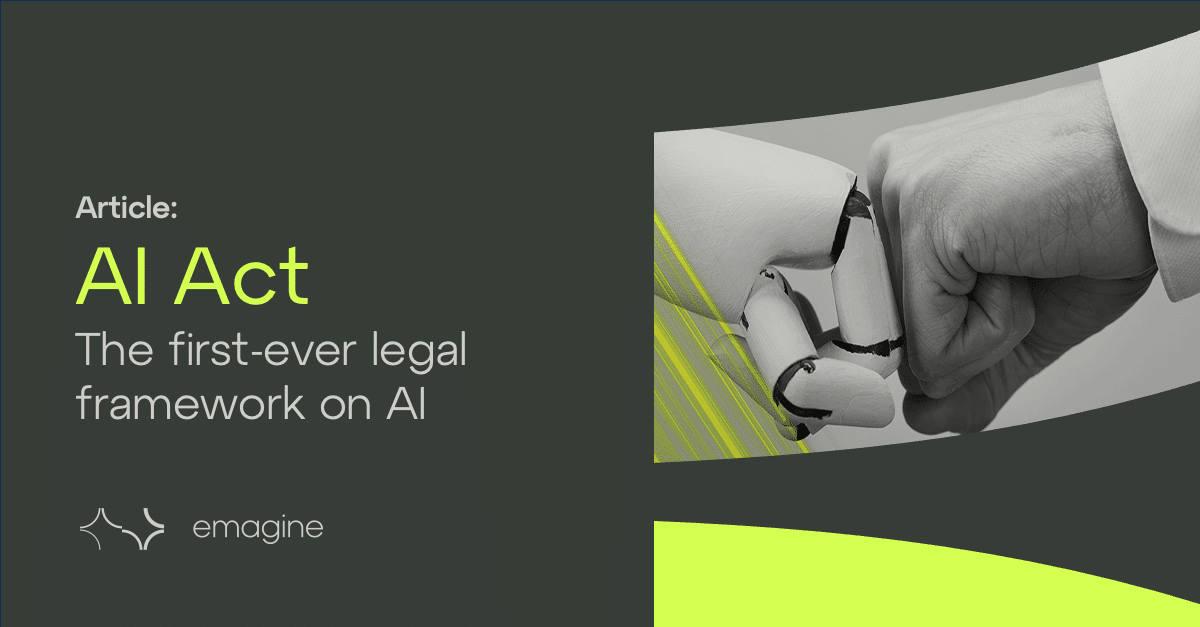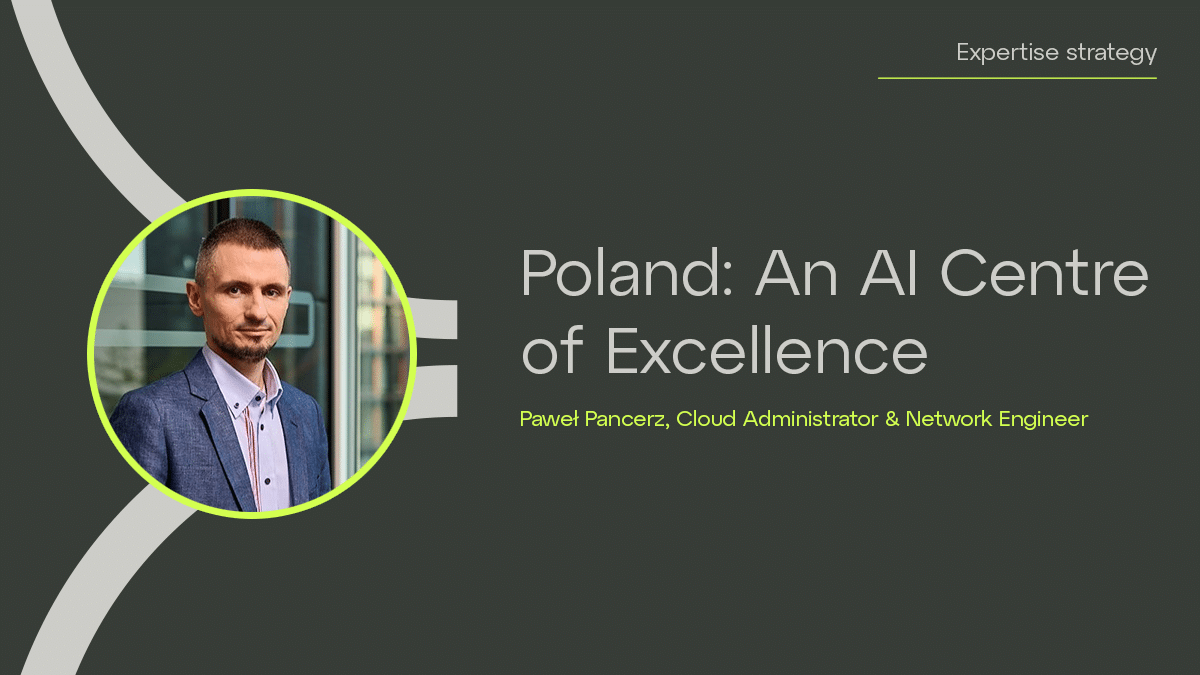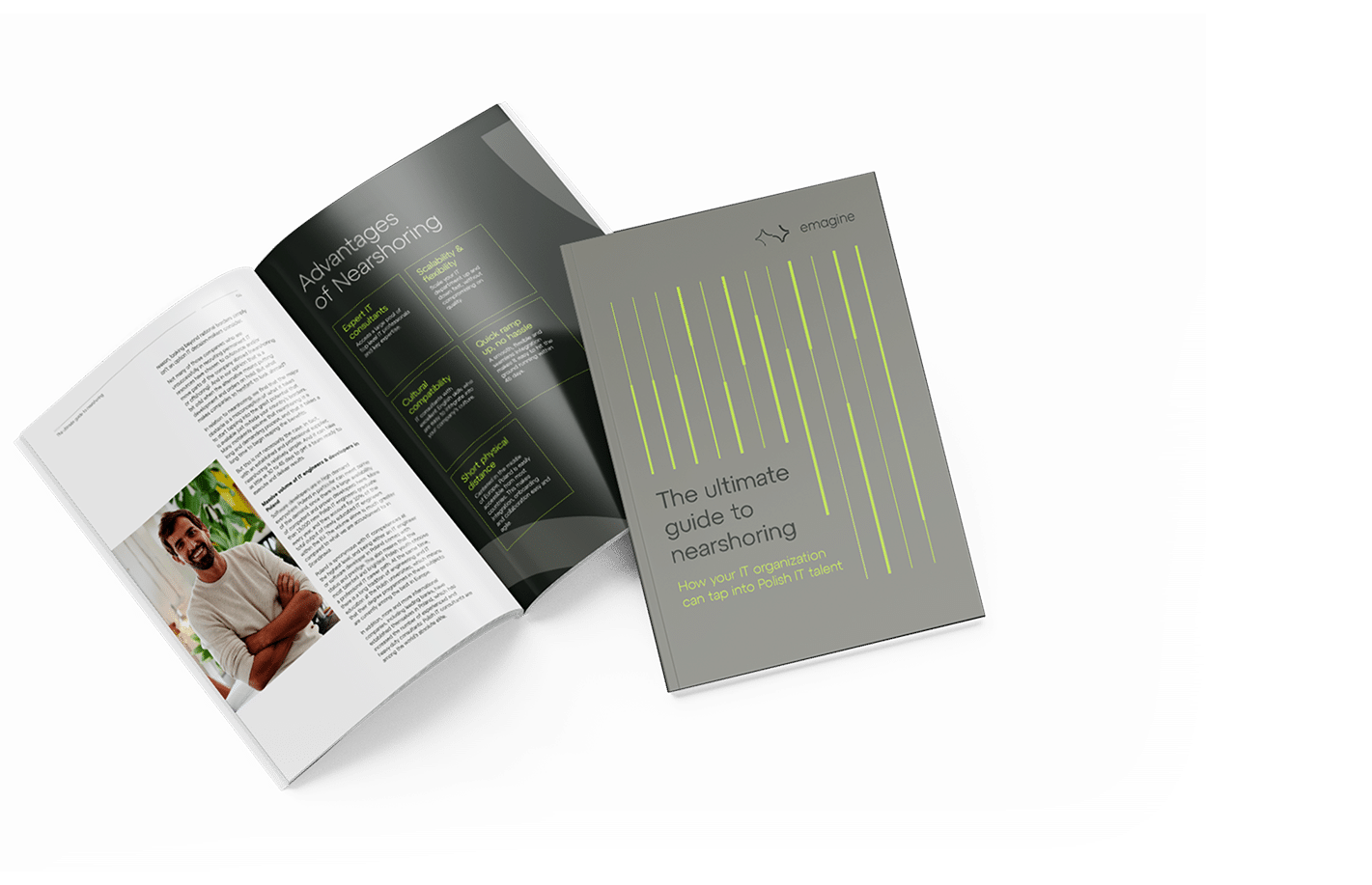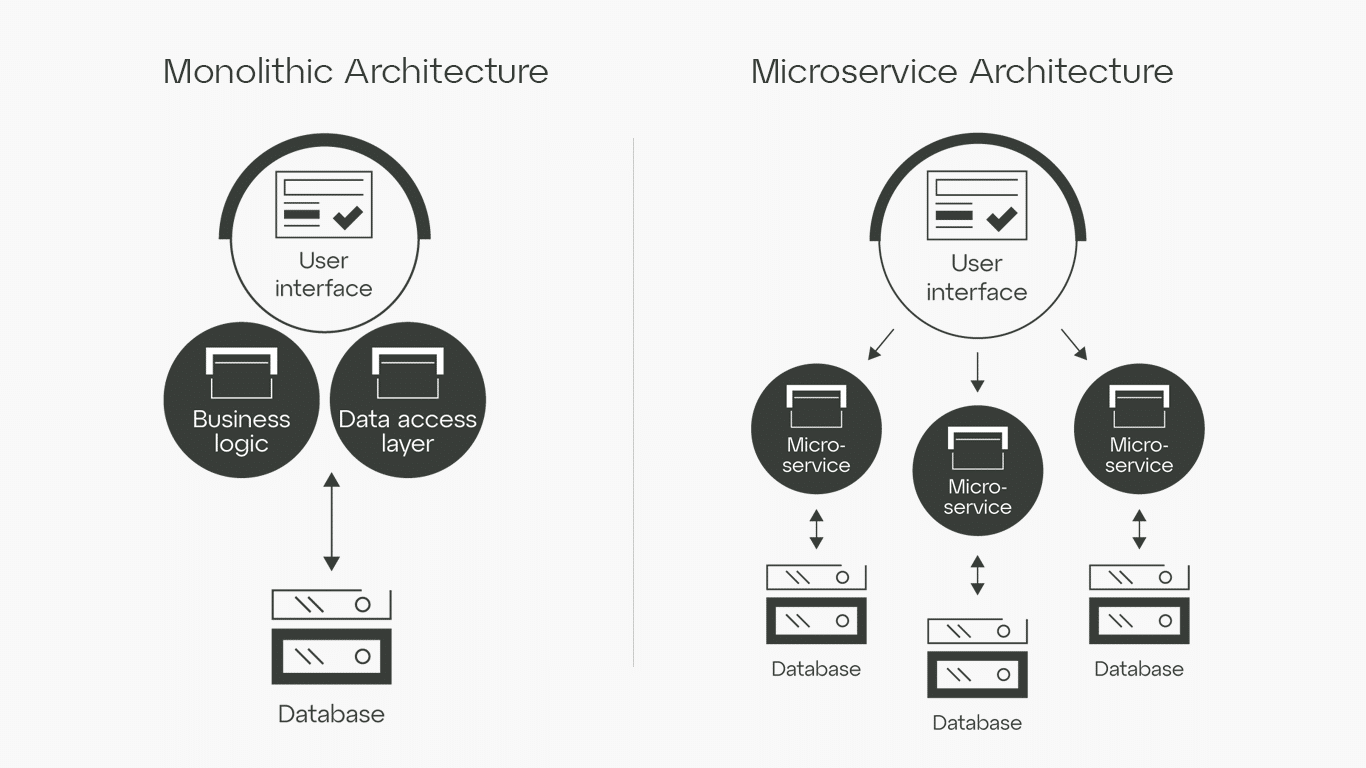Diversity at emagine
At emagine we have an ongoing commitment to improving diversity and inclusion across the business and are transparent about our progress.
We recognise that whilst we have DEI initiatives and programs in place, there is still work to be done and challenges to face.
For example, whilst our overall workforce demonstrates near gender parity, the split at management level is still unequal, as outlined in the firm’s annual report, despite initiatives to actively recruit more women.
Challenges can include a smaller talent pool, among other barriers, but we are finding ways to address this balance.
Read our annual report here.
To tackle the disparity, we are committed to bolstering diversity across all management layers throughout our organisation.
At the heart of our DEI campaign is the focus on addressing three of the UN’s Sustainable Development Goals (SDGs) in particular, namely goal 5: gender equality, goal 8: decent work and economic growth, and 10: reduced inequalities.
To achieve this, we raise awareness and work towards cultivating a positive working culture where every individual feels valued, respected, and included.
As part of this, we run training sessions covering gender diversity, anti-discrimination, cultural awareness, unconscious bias, and support for minorities. We have also developed an inclusive and gender diverse leadership program to nurture the next generation of leaders.
As a firm, we are also financially committed – through a sustainability-linked loan (SLL) - to reducing the percentage of resignations by 7% and increasing the number of female leaders in the organisation by 6%.
emagine recognises the pivotal role our people play in shaping our identity and driving collective success. By attracting talent from diverse backgrounds and all walks of life, we improve decision-making, client relationships, and overall value.
Building and retaining a diverse workforce not only aligns with our ethical values but also enhances our strategic advantage as we grow our expertise and capabilities as an international business and IT services firm.
After all, by embracing diversity, fostering equity, and promoting inclusion, companies can drive innovation, attract top talent, and better serve global markets.
Read more about our commitment through a sustainability-linked loan (SLL) here.























































